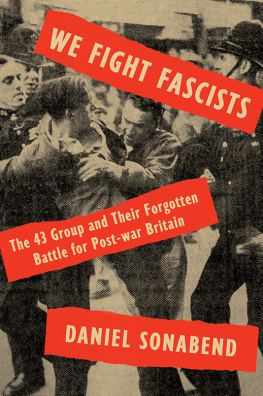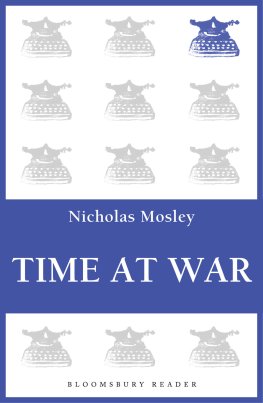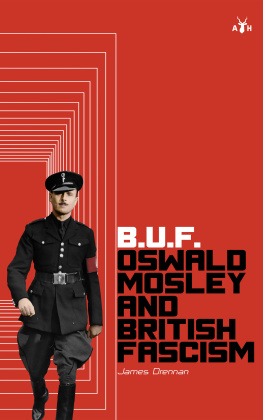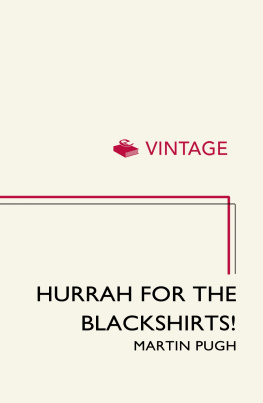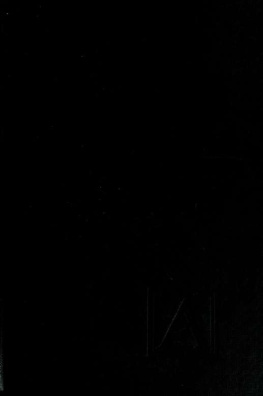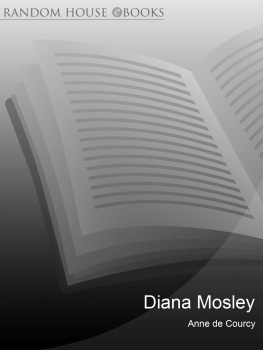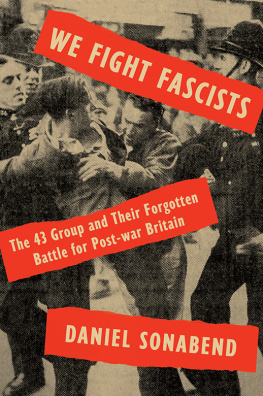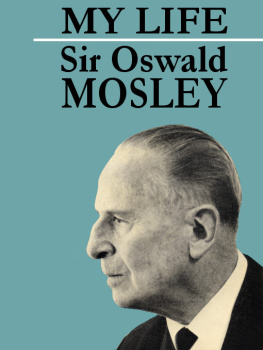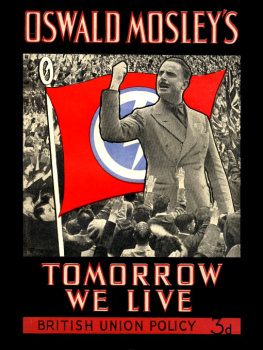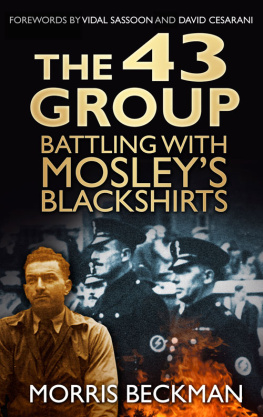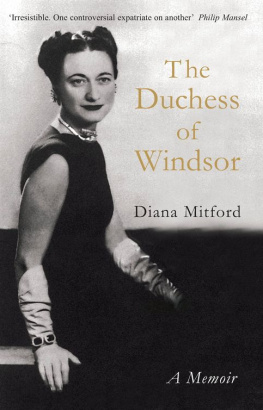Contents

We Fight Fascists
We Fight Fascists
The 43 Group and Their Forgotten
Battle for Post-war Britain
Daniel Sonabend

First published by Verso 2019
Daniel Sonabend 2019
All rights reserved
The moral rights of the author have been asserted
1 3 5 7 9 10 8 6 4 2
Verso
UK: 6 Meard Street, London W1F 0EG
US: 20 Jay Street, Suite 1010, Brooklyn, NY 11201
versobooks.com
Verso is the imprint of New Left Books
ISBN-13: 978-1-78873-324-3
ISBN-13: 978-1-78873-326-7 (UK EBK)
ISBN-13: 978-1-78873-327-4 (US EBK)
British Library Cataloguing in Publication Data
A catalogue record for this book is available from the British Library
Library of Congress Cataloging-in-Publication Data
Library of Congress Control Number: t2019947010
Typeset in Sabon by Biblichor Ltd, Edinburgh
Printed and bound by CPI Group (UK) Ltd, Croydon CR0 4YY
For Grandpa John, in loving memory.
Now you are gone, no one laughs at my jokes.
Oh, we
Who wanted to prepare the ground for friendliness
Could not ourselves be friendly.
Bertolt Brecht, To Those Born Later (1940)
Contents
Morris Beckman was getting a kicking. It was two against one, and though the former Merchant Navy radio operator could have a fight, he was no shtarker (the Yiddish word for a strong man who can really throw a punch). The fascist heavies he was grappling with had his measure, and his pals were a bit busy with brawls of their own. Beckman managed to get himself loose and sprinted towards the low wall just behind the cinema not far away. He clambered up and threw himself over. Before his feet touched the ground, Beckman had realised his catastrophic error. Half a dozen Mosleyites watched him land and, recognising him for a 43 Group Jew, pounced. Beckman cried out as he fell under their blows.
And suddenly, recalled Morris Beckman over sixty years later, I heard the roar that was Gerry Flamberg shouting, You silly bastard, you silly bastard. He vaulted the wall and started attacking the fascists who were attacking me, in fact he was kicking out as he was still falling. He landed and yelled at me to stand next to him, which I did. Down here! Quick! he yelled, and two more 43 Group members jumped over the wall. Together we fought them off.
It was in March 2012 that Morris Beckman told me that story, and of all the wonderful anecdotes he shared that is the one to impress itself most deeply on my mind. Its not hard to see why. The image of the six-foot-tall flat-faced, pug-nosed, browned-off (his words) twenty-something ex-paratrooper Gerald Flamberg leaping over a wall into a mass of fascists, limbs going out in every direction as he calls his friend a silly bastard, is one thats hard to forget. But more than that, its a perfect distillation of the anti-fascist organisation he founded; an organisation which arrived in my life very much like a large man leaping over a wall. One moment Id never heard of it, and the next it had completely taken over my life.
My story begins four months earlier, when my very old friend Luke Brandon Field got into his bath to watch a documentary about Vidal Sassoon. When he got out, he immediately called me. As a somewhat follicularly challenged individual, I am not the most obvious person to call after one has just watched a documentary about the worlds most famous hairdresser (confession before Lukes call I am not entirely sure I knew who Vidal Sassoon was), but Luke was not calling to talk about hair.
Have you ever heard of the 43 Group? he asked.
The what?
The 43 Group. Jewish soldiers who fought fascists after the Second World War?
Dont you mean after the First World War.
No, Second I think.
That doesnt make any sense, there werent any fascists after the Second World War. There was Mosley before it, but not after.
Yeah they were fighting Mosley.
I think youve got your facts mixed up, mate.
I was just watching a documentary about Vidal Sassoon, and he was apparently in it.
Oh right. Err The poet?
The hairdresser.
Oh yeah of course.
Just look up the 43 Group, and give me a call back.
Returning to the reading room of the British Library I had quickly walked out of to answer Lukes call, I looked up the 43 Group and realised I owed my friend an apology. But feelings of contrition were quickly replaced by those of confusion. Here was a story about an organisation predominantly consisting of young British Jewish men and women who from 194650 fought fascists on the streets of Britain. Surely an organisation like that would have a legendary status within the Anglo-Jewish community? Im a member of that community, and yet Id never even heard of the 43 Group. Over the ensuing months I would come to realise that I was not the exception but the norm; friends of mine who were either far more involved in the community or knew more about its history had also never heard of the Group. Jews fighting back and beating up fascists these are some of our favourite stories, so why had the community forgotten?
Digging further into the details, I realised that the epicentre of the fighting between the Group and Oswald Mosleys fascists was around Ridley Road, Dalston, in the north-east London Borough of Hackney. Well known for its market, Ridley Road was also for decades the location of M. Josephs, the grocery store set up by my great-grandparents. Not only did this realisation give me a personal connection to the events, it also gave me a lead, and I called up my grandmother Pat, who for a time had lived above her parents shop, to ask if she recalled the weekly fights that happened on Ridley Road. Unfortunately, she did not, as by that time the family had moved to west London, and she was never around Dalston on Sunday evenings, when the fights and riots occurred. Also a teenager in London around that time was my grandfather John, who I decided to question as I was driving him to my parents house for dinner one Friday in early 2012.
Have you ever heard of the 43 Group?
Heard of it, he said with jocular indignation, I was in it!
What! I exclaimed, whipping my head round while just about maintaining a straight driving line. You were in it!
Yes, he said with a big smile on his face, clearly delighted by my shocked expression.
Dozens of questions and much research later I came to understand that this was a statement that needed to be qualified. When my grandfather was seventeen, he was heavily involved in a Zionist organisation through which he learnt of a group that needed some volunteers to attend fascist street meetings and report back on all they had observed. My grandfather volunteered, but his involvement never went beyond that. The 43 Group was known for its street fighting and my grandfather was by his own admission a coward in a fight, and so there was only so far he was willing to go with the Group. Even so, he had never mentioned to any member of our family that as a young man he had spied on fascist meetings for a militant Jewish anti-fascist organisation.
While I had been asking my family members about the Group, Luke had been doing the same and had come up with similar results: rumours, potentially revealing anecdotes, advice on who might know a little bit more. We also both got our hands on copies of the only book ever written about the 43 Group, which was first published in 1993 as The 43 Group: The Untold Story of Their Fight against Fascism

